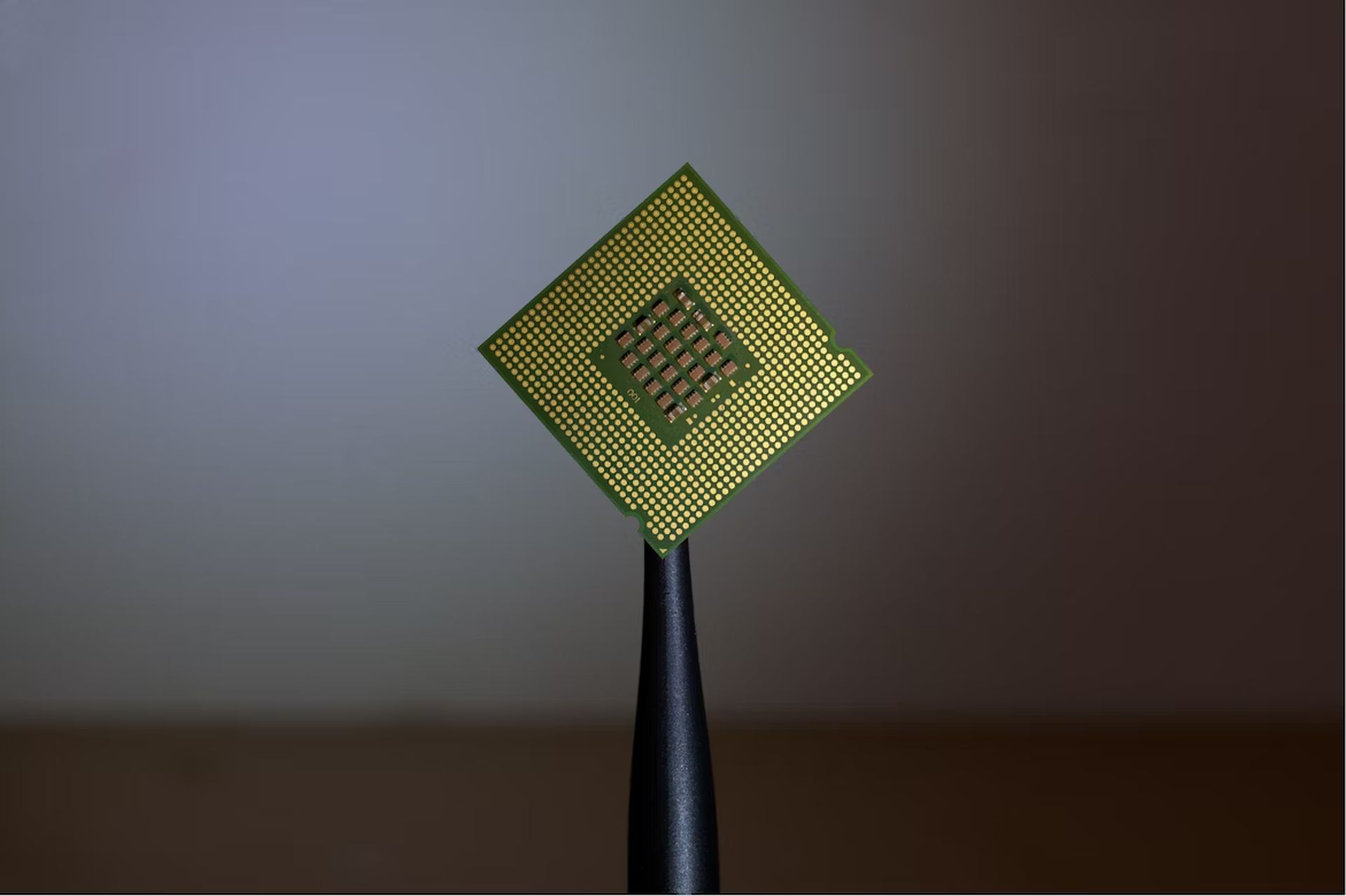Taiwan Semiconductor Manufacturing Company, the globe’s leading chipmaker, has pledged to manufacture its forefront technologies in Arizona by 2028, enhancing efforts by the U.S. administration to localize semiconductor production.
In an ambitious move, TSMC plans to produce its state-of-the-art 2-nanometer chips at a new facility in Phoenix, Arizona. This represents an advancement over prior plans and introduces the company’s second manufacturing site in the U.S. The first site, also located in Arizona and initiated during the Trump era in 2020, is slated to start operations the following year.
“In addition to the over 10,000 construction workers who helped with construction of the site, TSMC Arizona’s two fabs are expected to create an additional 10,000 high-paying high-tech jobs, including 4,500 direct TSMC jobs. When complete, TSMC Arizona’s two fabs will manufacture over 600,000 wafers per year, with estimated end-product value of more than US$40 billion.”
-TSMC
TSMC announced an increase in its U.S. investment from $40 billion to $65 billion for constructing a third facility, which will focus on 2nm or potentially superior technologies, aiming to be functional by 2030.
The U.S. Department of Commerce and the Taiwanese firm disclosed on Monday that the U.S. government would back this initiative with $6.6 billion in grants and up to $5 billion in loans.
These incentives are part of the Chips Act, enacted in 2022 to bolster American chip manufacturing capabilities. Following this initiative, last month, the Biden administration announced an arrangement to allocate $8.5 billion in grants and up to $11 billion in loans to Intel in Silicon Valley, committing to $100 billion in new investments.
This commitment from TSMC is a significant step towards the White House’s ambition of domesticating 20% of the globe’s sophisticated semiconductor production by 2030.

Mounting concerns over potential aggression towards Taiwan, the hub for 90% of the world’s most advanced chips, have accelerated U.S. actions to enhance its semiconductor manufacturing capacity.
The latest strategy aims to position the U.S. at the forefront of semiconductor production, catering to the increasing demands of artificial intelligence for higher computing power.
TSMC’s initial strategy involved leveraging less advanced manufacturing technology in its U.S. facilities compared to its premier mass production in Taiwan.
US and EU unite to solve an unspoken issue about AI chips
Predictions indicate that by 2026, the majority of AI chips will utilize 3nm technology, rendering TSMC’s initial Arizona plant’s capabilities insufficient.
With the expectation that AI chip manufacturers like Nvidia will shift to 2nm technology by 2028, the initial plan for TSMC’s second Arizona facility to operate on 3nm technology is being reconsidered.
The collaboration with TSMC signals a hopeful direction for the U.S., potentially localizing the production of critical AI chips by the decade’s end, thus decreasing the dependency on Asian manufacturing for companies such as Nvidia and AMD.
Featured image credit: TSMC





